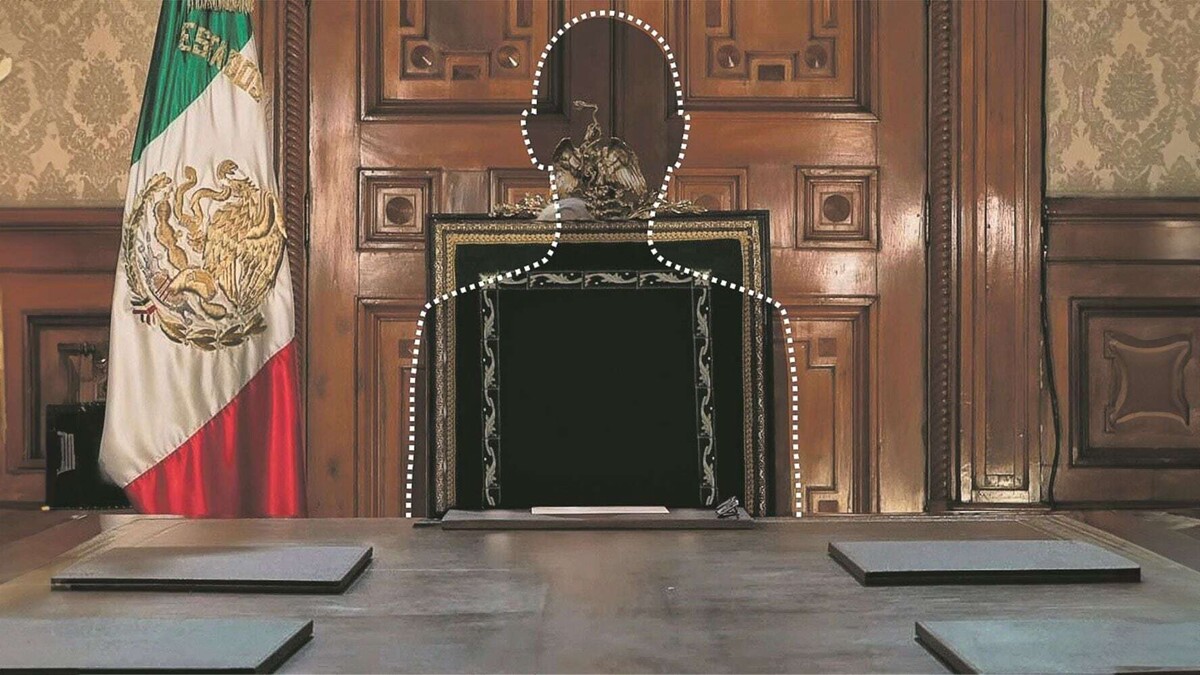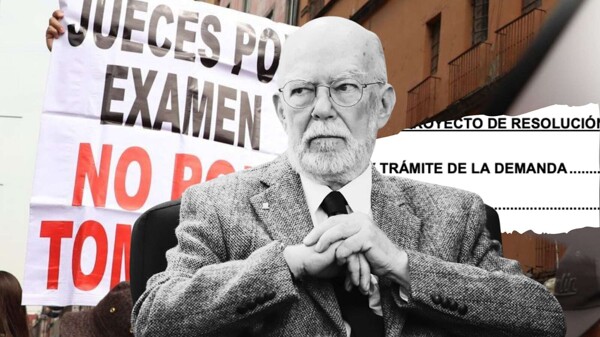
An elected judge will not only have the validation of the people but also the power to impose their own rules, which poses a democratic risk. Trying to step into the shoes of the President and understand how she lives through everything that is happening is not an easy task. The world continues to question who she really is.
The President knows that to govern, she needs order, and she also knows that it is dangerous to empower judges who resonate too much with the people, as they could acquire a dangerous power. Meanwhile, in a parallel plane of the same movie, the young leaders of Morena are traveling across the country, multiplying messages of optimism and structuring a policy that transcends the simple exercise of power.
Last week, two men of complete trust for Andrés Manuel López Obrador - and it is significant to say 'trust' in the intimate language of the former president - surprised everyone. In particular, Morena sought to ensure that the Supreme Court could not interfere with or dismiss the proposals for judicial reform, and that judges, ministers, and magistrates would be elected through popular vote. This attempt not only threatened to break the balance of power.
On one hand, to solve this problem, it is necessary to have great preparation and clear ideas to guarantee that anyone wanting to be a judge solely seeks to be a judge and does not use trials or convictions as electoral campaigns. The coordinator of the senators from Morena, Adán Augusto López, corrected himself and stated that it would be controversial to reform the constitutional article first, which sought to prevent the Judiciary from interfering in the decisions of Congress.
From the Roman Empire to our days, societies have been ruled by structures of power representation. At this moment, the Judiciary is gradually being relegated, becoming merely a representative body.
This is one of the big problems of this reform promoted by Morena and its allies, which must be very objective and impartial to prevent the actions of judges from turning into a kind of political campaign that pleases those who govern from Congress and at the same time guarantees their election.
Justice was neither swift nor, in the majority of cases, fair. That has been the objective and action plan since July 1, 2018, and continues to this day. It is very dangerous to recover the era of Robespierre not only because of the terror but also because any judge who resonates more with the people will acquire a kind of democratically dangerous power and authority. Popular will is as elusive as your will or mine.














